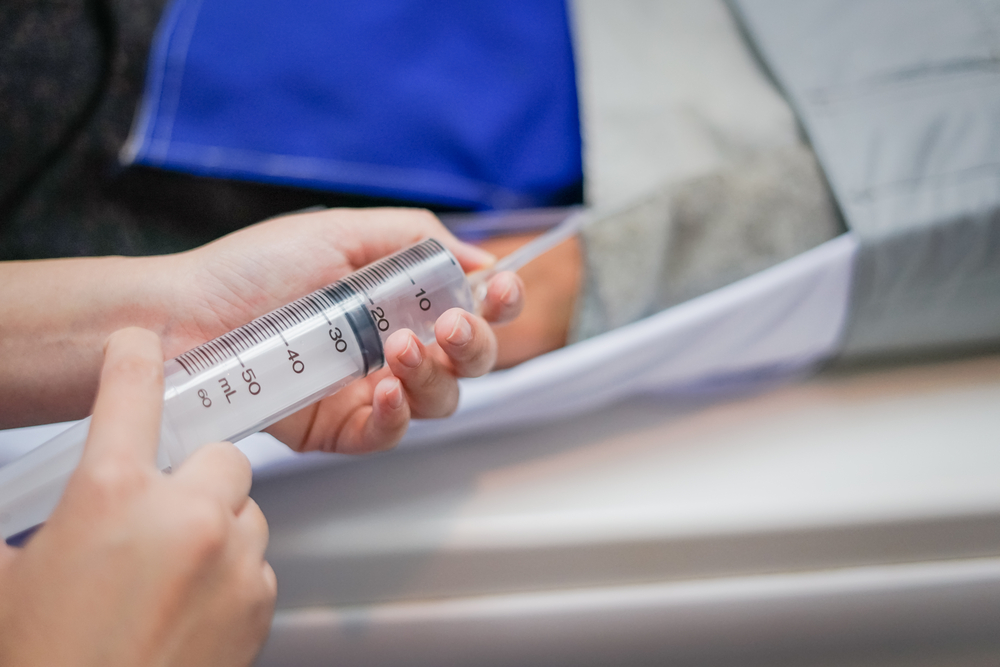ACR Reaches Out to FDA and HHS regarding Contrast Shortage

The American College of Radiology’s government relations staff began engaging with the FDA and HHS in late May to help mitigate the current contrast shortage.
In response to the ACR’s outreach, the Division of Critical Infrastructure Protection, part of the U.S. Department of Health and Human Services (HHS) Office of the Assistant Secretary for Preparedness and Response, hosted a roundtable with their private sector partners. The primary purpose was to raise awareness of the adverse impact of this contrast shortage on patient care.
The meeting featured Matthew Davenport, MD, vice chair of the ACR Quality and Safety Commission. Dr. Davenport explained the profound effect experienced by healthcare facilities, physicians, and patients.
ACR Requests FDA Emergency Use Authorization (EUA) for Contrast Agents outside the U.S.
While the FDA endorses the conservation efforts developed by the ACR, the ACR, other medical associations, and group purchasing entities are asking the FDA for emergency use authorization to buy and use contrast agents available outside of the U.S. that are not FDA-approved. Should the EUA be given, it would only be used until the contrast shortage in the U.S. is resolved.
Alan Matsumoto, chair of the Department of Radiology at the University of Virginia, serves as the vice chair of the ACR Board of Chancellors and the chairman of the ACR Commission on Interventional and Cardiovascular Radiology. Matsumoto reports that ACR has contacted other organizations affected by the contrast shortage, including the American College of Cardiology and the Society of Cardiovascular Angiography and Interventions, asking them to communicate with the FDA to help explain the severe impacts on patient care and safety.
Matsumoto explains that the FDA must hear from the variety of healthcare specialties adversely impacted by the contrast shortage. He says that perhaps if the FDA hears from the myriad of healthcare entities whose patient care is affected, the FDA will hopefully recognize that “this is a crisis.”
Diagnostic imaging is impacted. Treatment procedures, including interventional angiography, interventional radiology, neurology, and image guidance in the OR, have been delayed. Matsumoto explained in a video presentation that the contrast shortage is delaying procedures and causing rationing.
ACR Reaches Out to General Electric
ACR members asked their organization to help develop a dialogue with GE Healthcare, the supplier who furnishes more than half of the iodinated contrast in the U.S., to help provide practical, up-to-date information regarding supply and timeframes. Only then can ACR members make realistic plans for their organizations.
The current iodinated contrast shortage occurred after the GE manufacturing facility in Shanghai, China, was shut down due to a surge in COVID cases. GE recently said they anticipate being at 75% capacity in early June. GE has increased production at their Cork, Ireland facility — GE is also shifting logistics routes from sea to air whenever possible. The healthcare firm has reduced the types and packaging to just three formats to help increase production.
ACR recommends that members reach out to their GE diagnostic pharmaceutical representative to get the most up-to-date information and contact the ACR government relations staff if they still have unresolved issues.